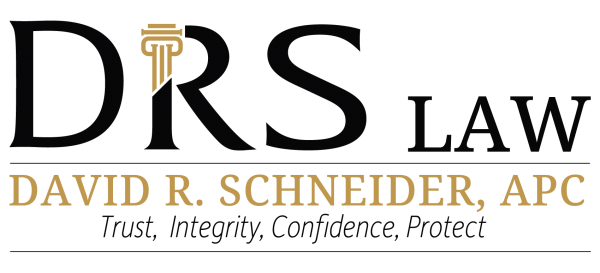Irrevocable Trusts
 There are several forms of irrevocable trusts, with the most common being a revocable trust that has now become irrevocable.
There are several forms of irrevocable trusts, with the most common being a revocable trust that has now become irrevocable.
When the Settlor(s) of the revocable trust becomes incapacitated or dies, the trust they created as a revocable trust, is now irrevocable, meaning it can no longer be changed or revoked, it is now etched in stone.
Seldom will a person or couple knowingly create an irrevocable trust due to the lack of flexibility. However, there are times when an irrevocable trust is the right answer.
High-net-worth clients may use multiple trusts to disperse assets, one or more of which might be placed into an irrevocable trust. This shields the asset(s) in the irrevocable trust from liability incurred by the Settlor.
A Charitable Remainder Trust is another form of irrevocable trust which is used for tax purposes with highly appreciated assets to allow a continued income stream, while ultimately giving the asset away to a charity, avoiding the capital gains, and receiving a charitable deduction.
There are also times when a beneficiary needs to be shielded from the burden of receiving an inheritance. This is often in the form of the beneficiary who is on state or governmental assistance, which is wealth-based. A Special Needs Trust is used to keep the beneficiary from becoming disqualified.
Frequently Asked Irrevocable Trusts Questions
What is the main difference between a revocable and irrevocable trust?
A revocable trust can be changed or canceled during the creator’s lifetime, while an irrevocable trust cannot be modified once established. The revocable trust is the preferred method of estate planning allowing you the full use, control and enjoyment of all of your assets. The most common scenario is when a revocable trust automatically becomes irrevocable after the trust creator becomes incapacitated or dies.
Why would someone choose to create an irrevocable trust?
People typically create irrevocable trusts for asset protection, tax benefits, or to help beneficiaries maintain government assistance eligibility. High-net-worth individuals may use them to shield assets from liability, while others might use them for charitable giving tax advantages or to establish Special Needs Trusts.
How does a Charitable Remainder Trust work?
A Charitable Remainder Trust allows you to donate appreciated assets to charity while maintaining an income stream during your lifetime. This arrangement helps avoid capital gains taxes, provides a present charitable tax deduction, and ultimately transfers the assets to your chosen charity.
Can an irrevocable trust help protect government benefits for a disabled beneficiary?
Yes, a Special Needs Trust (a type of irrevocable trust) can help preserve a disabled beneficiary’s eligibility for wealth-based government assistance programs. The trust holds and manages the inheritance without counting as personal assets that could disqualify them from benefits.
What Our Clients Say About Working with David

Integrity and Experience at the Core of Our Legal Services
With decades of professional experience, David R. Schneider, APC blends deep community ties with a wealth of experience. From running a successful business to excelling in the legal field with top grades and honors, David’s extensive knowledge ensures comprehensive and trusted legal support. His lifelong commitment to the Conejo Valley and its residents is your assurance of reliable and heartfelt service. Choose a legacy of excellence for your legal needs.
